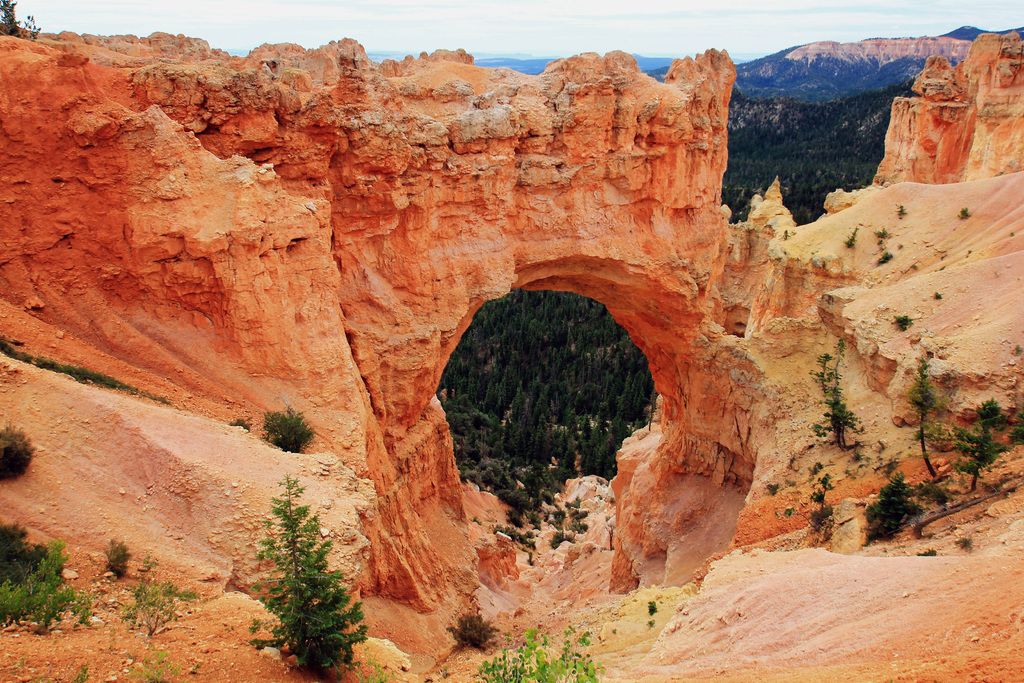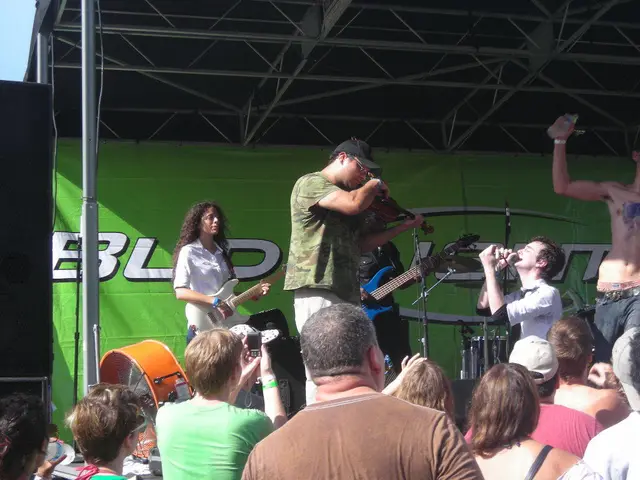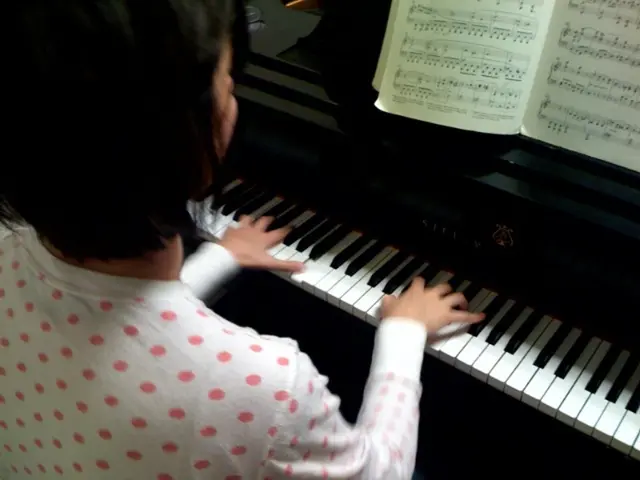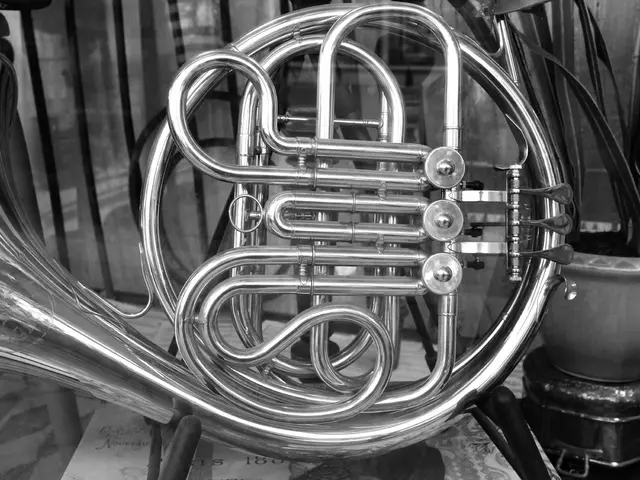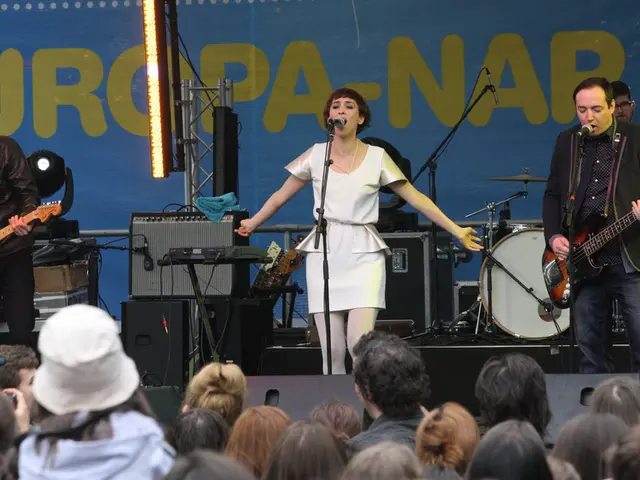Grooving in Post-Assad Syria: A New Era for Nightlife and Music
Illicit Dance Soiree in Damascus: Syria's Secret Night of Music and Merriment
Damascus, Syria - It's gone past one in the morning, a bustling club slap bang in the heart of this ancient city. The atmosphere is electric: patrons are swaying and shimmying to the pulsating techno beats, their hands flashing under the strobe light, and pushing tightly around the DJ booth. The event is a sell-out, every ticket snapped up. And this is despite a gruesome shooting in a local dance club just days ago, causing ripples of fear. Yet, here they are, ready to let loose - waiting for one person, DJ Nuria from Berlin.
A Berlin Vibe in the Heart of Syria
"Never did I imagine playing a set in Syria - it's almost surreal," she says, her voice trembling slightly. Syrian-born DJ Nuria has been living in Berlin for years, where she's often spinning tracks at renowned clubs like Sisyphos, KitKat, or Kater Blau. Six months after the upheaval in Syria, she's back in her homeland, standing on stage in Damascus with a sense of freedom that still feels unbelievable. "The crowd was fantastic," she says. And she crafts her music specifically for the Syrian audience: "Raw, Hypnotic, Drive Techno," she describes it herself. It's fast, captivating, a tad experimental.
She felt like she was in the techno capital of Berlin itself. In the German capital, the 32-year-old regularly plays at some of the most prestigious venues. That she's now returning to her home country and playing to a crowd that's yearning for freedom is something she still can't believe. "We could finally live and dance what we've been yearning for so long - our freedom," she says. "Everyone was dripping with the spirit of life."
For over a decade, the brutal regime of long-time ruler Bashar al-Assad has been suppressing the Syrian people, killing hundreds of thousands and forcing millions into exile. On December 8, Assad was toppled by a rebel alliance led by Islamists.
Dancing for a New Generation
The very same day, the collective Kasata was founded, aiming to make music and nightlife accessible again. Co-founder Philipe Zarif isn't optimistic about the new leadership in Syria. The current transitional government is chiefly made up of the Islamist group Hayat Tahrir al-Sham (HTS), which also led the alliance against Assad. "I don't trust the state wanting there to be nightlife," he says. "They say yes, but act differently."
Reports of raids on dance venues by armed men and closures of bars have led to unease within the scene. There are no official bans - for example, on the sale of alcohol or parties. However, bars have been closed more frequently recently under the pretext that no alcohol should be sold.
Zarif, who's been DJing under the moniker Boshoco in Syria and abroad for years, isn't easily intimidated: "It's part of my responsibility to make sure the next generation can still groove in these times," he emphasizes. He and his team organize events because there's a distinct lack of them. It's risky, he admits, but necessary. In this uncertain situation, it's almost reckless to continue planning events, he notes himself. "But it's the fun kind of reckless," he adds with a laugh.
One approach to ensuring safety is to invite journalists or videographers. So far, there haven't been any direct incidents with the new government at his events.
"Music brings life into clarity - it feels like something's missing without it," says 24-year-old John Mortada during DJ Nuria's performance. He's one of around 300 guests at the B Bar in the Damascus neighborhood of Bab Sharqi that night. "These events are essential," he says. Of course, there's fear, says partygoer Tatjana Said. "We're nervous, but we want to live," she says.
After almost fourteen years of suffering that the Syrians have experienced, music has become a means of escape for people to release tension, says Hamza Hamdan. "Music helps us process everything," says the club-goer.
"I was honestly terrified to come here," said another attendee. There were checkpoints, security forces were present, but the atmosphere on the streets had changed. There must be safe spaces for people who love music and parties. "We need this to let go of all that's built up inside us."
An Uncertain Future
Six months after the fall of the dictator, the future of Syria remains uncertain. Internationally and within the war-ravaged country itself, recent deadly attacks on minorities continue to cause concern.
Most recently, Islamist and regime-aligned fighters attacked members of the Druze minority, killing dozens. In March, hundreds were killed in a military operation by the transitional government, triggered by attacks from Assad supporters. Most of the victims were Alawites - a religious community to which Assad also belongs.
Forging Ahead in Chaos
Whether it evolves positively or negatively, it's decided day by day, says event organizer Zarif. For him, one thing is certain: "I won't abandon this country. Unless they kick me out." He wants to stay loud and continue to offer events to the people. "It's important that we keep going," he emphasizes.
DJ Nuria initially planned to stay in Damascus for only one gig, then played in Beirut and was back at the turntables in Berlin just a few days later. "I was afraid people would be too afraid to come to my party in Damascus," says the DJ. But the opposite happened. She wants to come back to Syria, she says. "At the latest by December 8 - the Day of Freedom."
- Despite the recent shooting in a local dance club and the presence of armed forces, the Syrian crowd yearns for freedom, attending sell-out events like DJ Nuria's set in the heart of Damascus.
- With the fall of Bashar al-Assad, a new collective, Kasata, has emerged to make music and nightlife accessible again in Syria, despite ongoing apprehensions about the new leadership.
- Boshoco, co-founder of Kasata, organizes events highlighting the lack thereof, acknowledging the risks involved but considering it his responsibility to ensure the next generation can continue to 'groove'.
- Music has become a means of escape for Syrians, helping them process their experiences and release tension, as attested by club-goers like Hamza Hamdan and John Mortada.
- The future of Syria remains uncertain, with recent attacks on minorities causing concern, yet event organizers like Zarif, and DJs like Nuria, continue to forge ahead amidst the chaos, determined to bring music, entertainment, and personal growth opportunities to the Syrian people.
